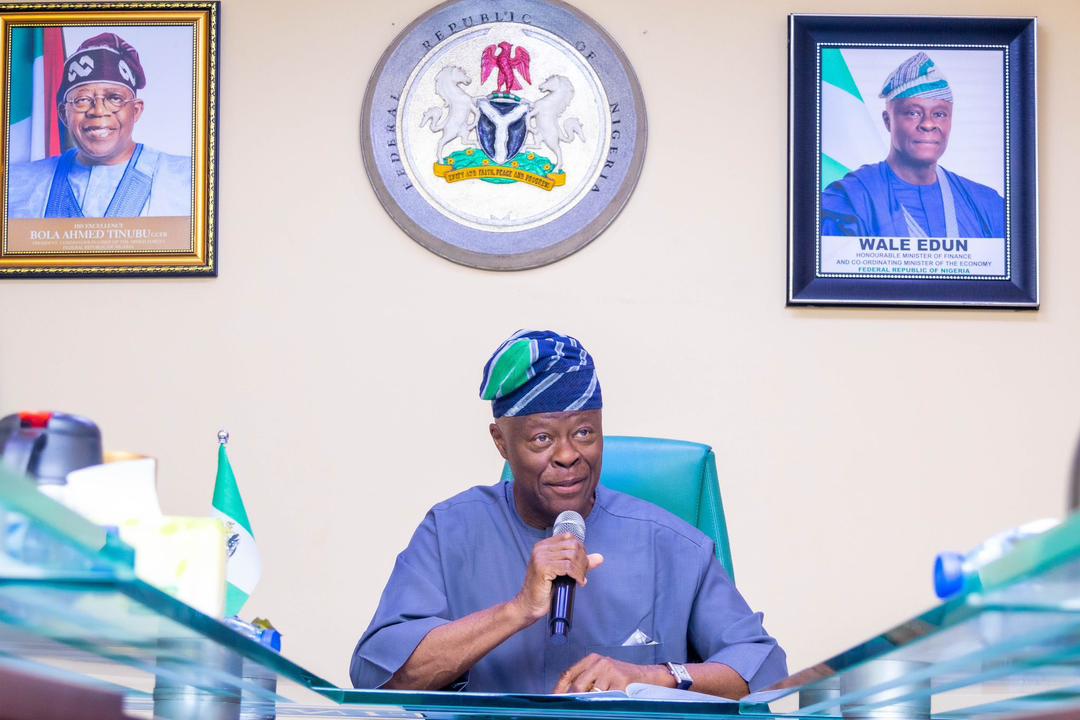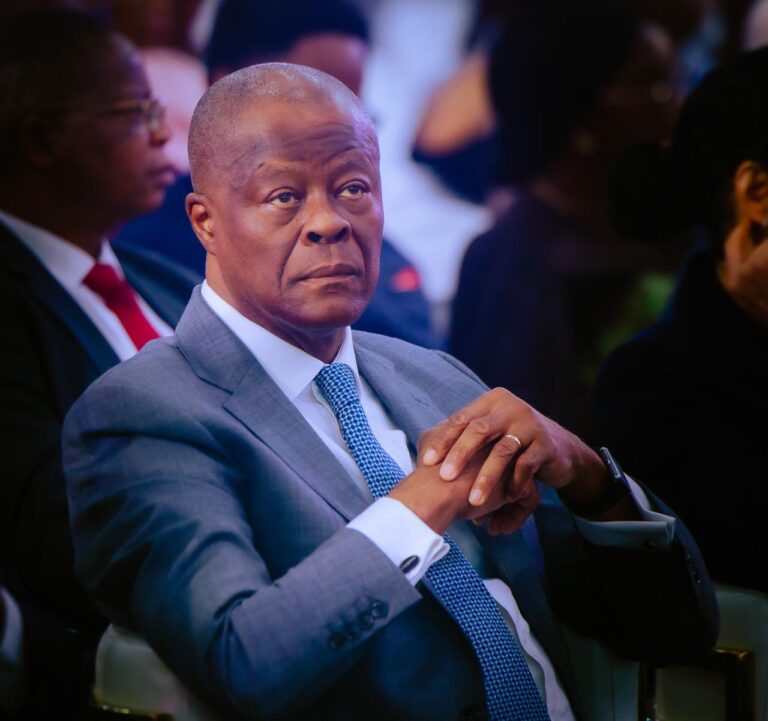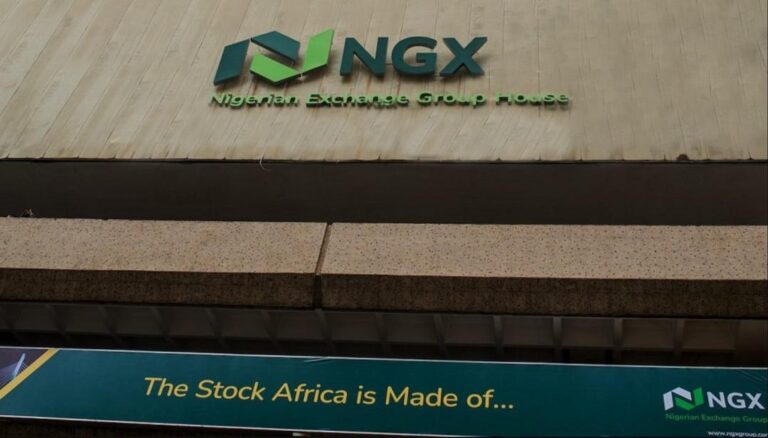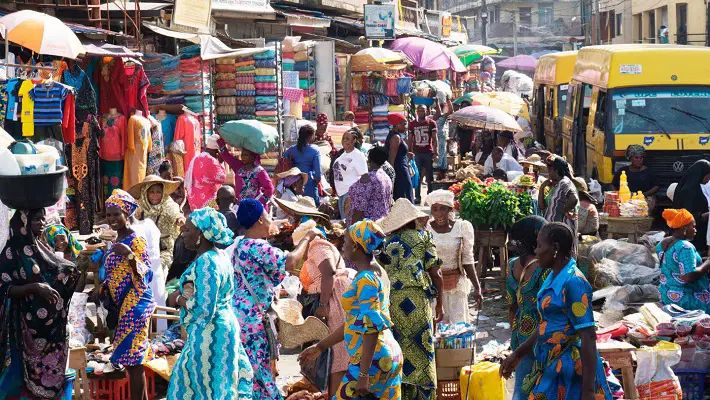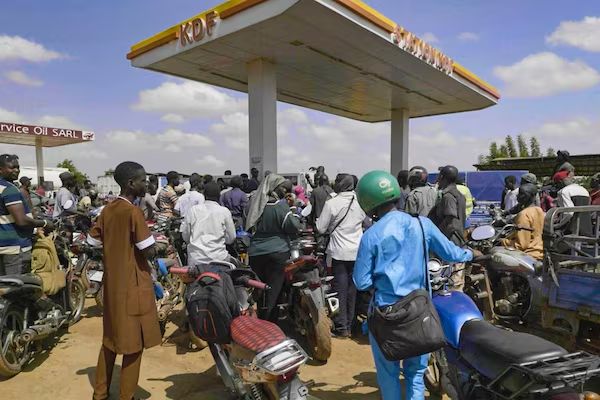The Federal Government of Nigeria has suspended the implementation of the controversial 4% Free on Board (FOB) levy on all imported goods, a move that has been met with relief from businesses and trade stakeholders. The directive, issued on Monday by the Minister of Finance and Coordinating Minister of the Economy, Mr. Wale Edun, cited concerns that the levy would pose significant challenges to trade facilitation, economic stability, and the overall business environment.
In a letter, addressed to the Comptroller-General of Customs, Mr. Edun, acting in his capacity as Chairman of the Nigeria Customs Service (NCS) Board, ordered the immediate halt to the collection of the levy. The letter, signed by the Permanent Secretary for Special Duties in the Ministry of Finance, Mr. Raymond Omachi, stated that the decision followed “extensive consultations with industry stakeholders and experts.”
The 4% FOB levy, which was re-introduced by the NCS in August, had faced strong opposition from various trade groups, including the Manufacturers Association of Nigeria (MAN) and importers. Critics had warned that the charge would increase the financial burden on businesses, lead to higher costs for consumers, and worsen inflation, which currently stands at 20.12% as of August. Many also argued that the levy would undermine Nigeria’s trade competitiveness.
The levy was first introduced in February of this year under the provisions of the Nigeria Customs Service Act, 2023. The law stipulated that the NCS was to receive “not less than four percent of the free-on-board value of imports.” The purpose was to provide a sustainable funding source for Customs operations, reducing their reliance on the Federation Account.
However, the Manufacturers Association of Nigeria (MAN), importers, and clearing agents argued that the levy was ill-timed and would significantly increase the cost of doing business, which would in turn lead to higher prices for consumers and further worsen inflation.
Due to the overwhelming public outcry and stakeholder concerns, the government suspended the levy shortly after its introduction, citing the need for a comprehensive review and stakeholder engagement.

Meanwhile, despite the previous suspension, the Nigeria Customs Service re-introduced the levy in August 2025. It was presented as a replacement for the 1% Comprehensive Import Supervision Scheme (CISS) and a 7% cost of collection fee.
MAN didn’t take this reintroduction lightly, they argued that
The ministry clarified that the suspension is a temporary measure, not a cancellation, and is intended to provide an opportunity for a comprehensive review of the levy’s framework and its broader economic implications. The government aims to work with the Customs Service and other relevant parties to devise a more “equitable and efficient revenue structure” that supports both revenue generation and economic growth.
The suspension marks the second time the levy has been halted since its initial introduction in February of this year. The government’s decision signals a response to the pushback from stakeholders and a commitment to balancing its revenue needs with a favorable business climate.




